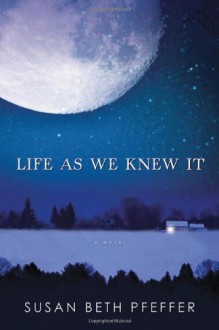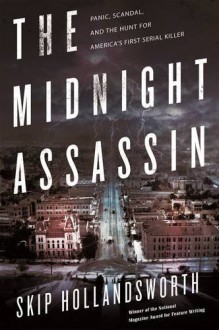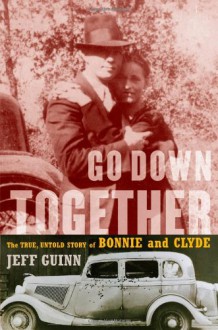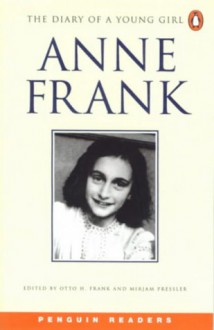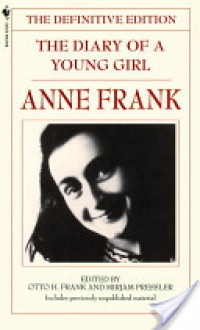Like many of you, I am self-isolating. As a freelancer and stay-at-home mom, my work life has not shifted dramatically, and the major adjustment I’ve had to make is not being able to take my son to storytimes, playgroups, and other kid-friendly activities to stimulate him (read: tire him out) and give me the opportunity to get out of the house and see, sometimes even talk to, other adults.
My husband’s job is also secure, as he supplies a product for an essential industry (agriculture) and is able to work from home. So all three of us are holed up together on this, day 17. (For me, the break between when social distancing started and when normal life ended was not as cut-and-dry as for others. I never got sent home from work. Instead, I mark it from the week literally every activity I took my son to got cancelled.)
I have read — and agree — that writing during this time is important, although similar to when I am not in isolation, finding time and space to do so proves to be difficult. All the same challenges of trying to parent a toddler and find space for writing that existed in my “normal” life are just as overwhelming in isolation. Perhaps moreso, since my son sleeps fewer hours now, often leaving me to catch up on my sleep during his naps and robbing me of the one chance I used to take for jotting a few words down during the day. I have heard from other writers who feel guilty about having all the time in the world to write, but not feeling motivated to do so.
 When isolation first started, we bought a bunch of used games to help keep my son busy. It’s been a good investment!
When isolation first started, we bought a bunch of used games to help keep my son busy. It’s been a good investment!
I like to believe that if circumstances were different, I would be productive during this time. But that might not be true. I know that in times of stress or transition in the past, I have had trouble working on writing projects and instead have tended to just journal a lot until I had cleared enough brain space to return to fiction.
I have tried not to dwell too much on all the things I COULD be accomplishing right now if the pandemic had hit at a different point in my life — namely, before I had kids. I have tried not to spend too much time imagining how my life right now would be “easier” if my son were older and more self-sufficient. The truth is, we all face our own unique challenges during this time. Those who live alone with the most freedom in their isolation also face the most crippling loneliness. Those with older children are often trying to juggle working from home with homeschooling, an untenable situation as both are full-time jobs. And then there are those who have young kids like mine at home, kids who are not self-sufficient, who are ALSO trying to work from home, which is a situation I can’t even imagine trying to attempt. I know from experience that even if you are working from home, you NEED childcare. The only reason I am able to write this at all is because my husband and I have agreed to take turns with my son in the mornings before he starts work, and today he’s on childcare duty. (Even with that, it’s taken me three days to complete this post.)
 The kinetic sand my son received for Christmas from an aunt is proving useful now.
The kinetic sand my son received for Christmas from an aunt is proving useful now.
If this had struck while I was single, my anxiety would have been astronomical. Now, I have the calming influence of my husband’s presence as well as a million day-to-day concerns (what are we going to eat? how will I keep my son occupied today? how can I get caught up on the laundry? what should I prioritize workwise the next time the babysitter comes?) that keep any “bigger picture” anxiety at bay (is this the end of the world?!?). The “ideal time” seems to be after my marriage but before I became a mom, so I would have companionship but also more discretionary time. But if that were the case, I would have been working full-time and all this discretionary time I keep imagining probably would not have been in as much abundance as I think. So, there’s no changing any of it; I am where I am, luckier than most, and trying to practice daily gratitude in the midst of such uncertainty.
I have heard other readers talk about which books come to mind for them during this time. Many of us have not lived through the Great Depression, major world wars, or other events that have dramatically and abruptly changed our day-to-day lives. So we think about the way we have experienced these things vicariously through the books we’ve read. The two books that keep coming to mind for me are the Life as We Knew It series by Susan Beth Pfeffer, and Anne Frank: Diary of a Young Girl. In both instances, the change occurs for very different reasons. In the former, an asteroid hits the moon, disrupting weather and other climatic patterns; I don’t think I need to tell you the disruption Anne’s family experienced. But both are written as detailed journals from isolation, with the young protagonists and their families trying their best to establish a sense of normalcy and optimism in isolating, dire circumstances.
I feel a kinship with these girls right now; and they also remind me both how lucky we still are and how bad things can get. Be grateful, but also be smart and be prepared. But never at the expense of kindness.
If you haven’t read these books, I’ll leave it to you to decide whether they would be cathartic or just a little “too real” during these times. No judgment if you’re opting for escapist literature instead! (I’m personally just working through my Year of Expanded Reading as I would have in the absence of a pandemic.)
I want to reiterate that whatever you are doing to cope during this time of uncertainty, even if it is not “productive” is FINE. Binge-reading, binge-watching, binge-podcasting, sleeping till noon, video-chatting for hours, baking too many cookies. These are unusual times and perhaps what our brains need most is a break. If you are in a position to give it that, don’t feel guilty.
But if you ARE looking for ways to engage that are not as passive as reading or watching, here are some of the things I can suggest (also known as, the list of things I fantasize about doing with my time.)
Suggested Isolation Activities for Writers
- Write. Obviously. If producing new work feels daunting, keep a journal or blog; revise something you’ve worked on in the past; or work through writing exercises you can find online or in writing books.
- Binge-listen to Writing Excuses. This is an excellent podcast that has only become more self-aware with the number of years it has been in existence. It is geared toward speculative fiction writers who are past the “beginner” stage in their craft. Each episode ends with a writing prompt or “homework” if you are looking for something to get your writing juices flowing during this time.
- Take Brandon Sanderson’s writing masterclass. This started when a grad student asked if he could record Sanderson’s writing class and post it online. Sanderson was cool with it and it became a significant part of his web presence. While the original lectures are still available, Sanderson is also re-releasing the lectures with higher production values. The link above will take you to both the original lectures and the new releases.
- Explore a Great Courses class. I have been salivating over these courses on my Roku app ever since we first added the channel when my son was born. I never paid for them because I knew I wouldn’t find time to take full advantage with a baby, and then a toddler, in the house. But currently, they are offering a month free. Now’s the time!
- Or, check out the excellent university-level classes ALWAYS offered for free on Coursera. Before I became a mom, I was obsessed with Coursera. The classes offered are diverse and amazing. I’ve taken one on birth control, one on philosophy, and one on spirituality. They vary in how rigorous they are and because you are basically “auditing” the class, you can put as much or as little into them as you want. Perfect for a period of upheaval and uncertainty when motivation levels may vary.
Let me know what other enrichment opportunities you may have discovered during social distancing. I know this list barely scratches the surface.

 Log in with Facebook
Log in with Facebook 
